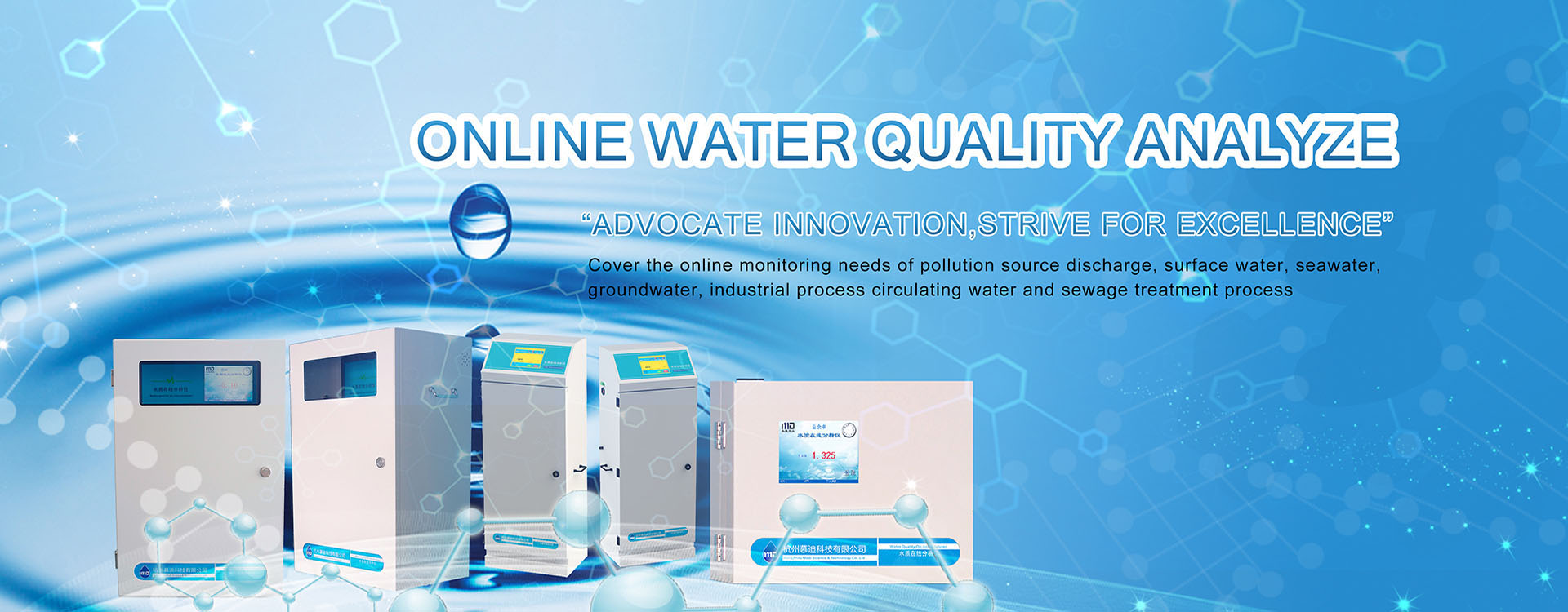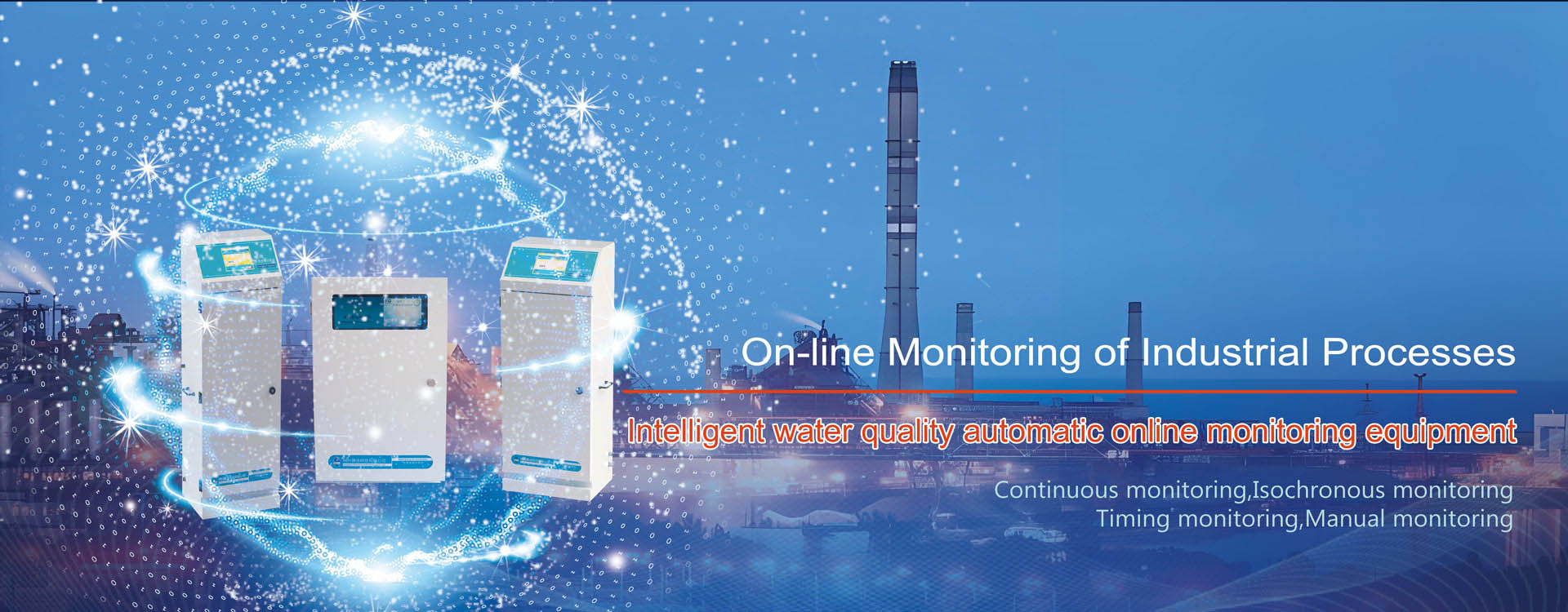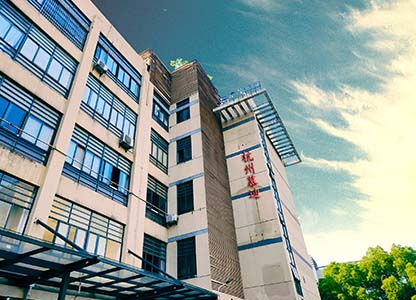When the relevant staff put fry, most of them will think of the problem of excessive PH value, but they ignore ammonia nitrogen, which has caused serious consequences! Therefore, the water quality online monitoring instrument manufacturers remind farmers that ammonia nitrogen monitoring in aquaculture water can not be ignored, remember! Why do you say that? Let’s keep looking!
The main sources of ammonia nitrogen in ponds are the excrement of aquatic animals, applied fertilizers, feed decomposed by microorganisms, feces and animal carcasses. Fish excreted ammonia nitrogen through gills and urine, while crustaceans excreted ammonia nitrogen into water through gills and antennal glands. Feces of aquatic animals and carcasses of animals and plants contained a large amount of protein, which was decomposed into amino acids by microorganisms in the pond, and then further decomposed into ammonia nitrogen.
It exists in water in two ways. One is ammonia, which is toxic to aquatic life and easily melts into water. There is also ammonium, which is non-toxic to biological organisms. However, when ammonia enters aquatic organisms through the gills, it will directly increase the burden of ammonia nitrogen excretion of aquatic organisms, inhibit the activity of various enzymes in the object, reduce the oxygen transport capacity of blood, destroy the gill epidermis tissue, reduce the oxygen carrying capacity of blood, and lead to the poor exchange of oxygen and waste and suffocation.
The Poison Brought By Excessive Ammonia Nitrogen in Water!
The harm of ammonia nitrogen to fish fry is acute and chronic.
· The harm of chronic ammonia nitrogen poisoning is: decreased feeding and slowed down growth; Tissue damage, reduced oxygen transport between tissues; Fish need to exchange ions with water, and too high ammonia nitrogen will increase the permeability of gill and damage the ion exchange function of gill. The fry were stressed for a long time, and ammonia nitrogen increased the susceptibility of fry to diseases and reduced the growth rate.
· The harm of acute ammonia nitrogen poisoning is: the fry show hyperactivity, loss of balance in water, convulsion, and even death in severe cases.
However, because the fry is relatively small, it is not easy to find the situation of ammonia nitrogen poisoning, so it is necessary to timely detect the total amount of ammonia nitrogen in the water through the NH3N-8000 ammonia nitrogen online monitor.
The main harmful effect of ammonia nitrogen on aquatic organisms is free ammonia, whose toxicity is dozens of times greater than that of ammonium salt, and increases with the increase of alkalinity. Ammonia nitrogen toxicity is closely related to the pH value and water temperature of the pool water, in general, the higher the pH value and water temperature, the stronger the toxicity, and the harm to fish is similar to nitrite.
It can be seen that the monitoring of ammonia nitrogen in water can not be less! In addition, Xiaobian warm tips, before the fry must be put on ammonia nitrogen, nitrous acid, PH value and other parameters after testing, confirm the harm caused by exceeding the standard and then put!




